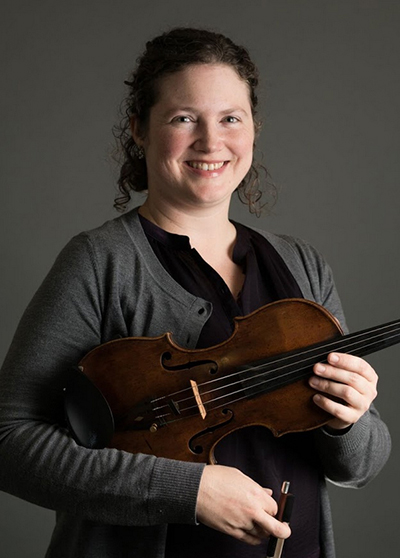 Name: Betsy Hinkle
Name: Betsy Hinkle
Organization: musiConnects
Title: Founder, Resident Musician and Curriculum Design
Music Genre: Chamber Music
Years in the Field: 20
What do you do at musiConnects?
After founding the organization in 2007 and being its only director for 8 years, currently I perform as a violinist in our chamber music performances, and I teach private violin lessons, Chamber music and a K2 String instrument readiness class. I design (with a collaborative approach) and help implement all of our private lesson and chamber music curriculum.
Why do you do what you do?
I firmly believe that access to the highest quality music education and performances is a right, not a privilege. I also firmly believe that to fully reap the benefits that music education has to offer, it must be done in a tailored, one-on-one approach, and that chamber music is the best model for young children to learn self-expression, peer leadership, and community development skills.
What comes easiest to you in this work?
It seems that ideas for teaching approaches and solving problems seem to flow out of me. Sometimes my ideas get changed right after I try them, but there are always new ones to take their place. I also love when some ideas stick and continue to work, so I try and find ways to keep these ideas solidified and continued, by helping to make them second nature for teachers. I also love hearing others’ approaches and identifying new approaches that work, and adopting them.
What challenges you in this work?
Going with the flow when the unexpected happens: a student you’ve invested so much in, and whom you communicate so well with, just quits all of a sudden. When an audience or community is completely different than you imagined and your wonderful planning doesn’t get used at that moment.
What does it mean to your community that you do this work?
Students whose previous experience in school or other activities wasn’t positive are suddenly revered, praised, role models. It takes a few years for some community members to trust that what we bring will be positive or lasting or relevant. But when they do, their commitment to the work takes on a new role, as collaborator.
How do you blow off steam?
Watch TV, knit, do yoga, walk or hike, cook and bake.
Whose work in the Creative Youth Development field do you admire and why?
Sebastian Ruth of CMW, he was a pioneer in this work, and who directly inspired musiConnects. Also Apple Hill Center for Chamber Music – a collective and long standing organization where chamber music ideals are really practiced in all aspects of the organization and passed along to all who encounter it.
What music do you like listen to (if even a little too loudly)?
Carolina Chocolate Drops, Pixies, Crooked Still, AC Newman, and the New Pornographers
Do you live with any animals?
One cat and I’d love to get a dog. Do my two kids and husband count?
The unauthorized biography of your life is titled:
Slowly but Surely: the search for order amongst chaos inside the mind of a creative perfectionist
What’s next?
I’m going to continue to create, test, hone, and eventually publish my curriculum which includes a systematic approach to working with kids (violin, viola, cello) with few home-based supports and a graded chamber music curriculum with original compositions and arrangements for similar students.

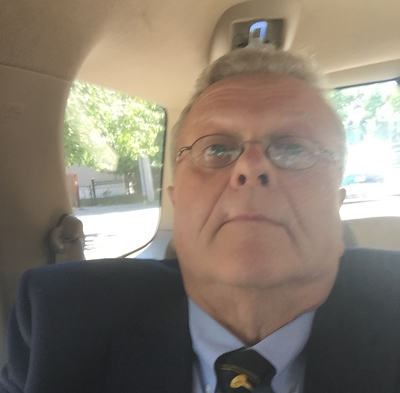 Name: Paul J. Pitts
Name: Paul J. Pitts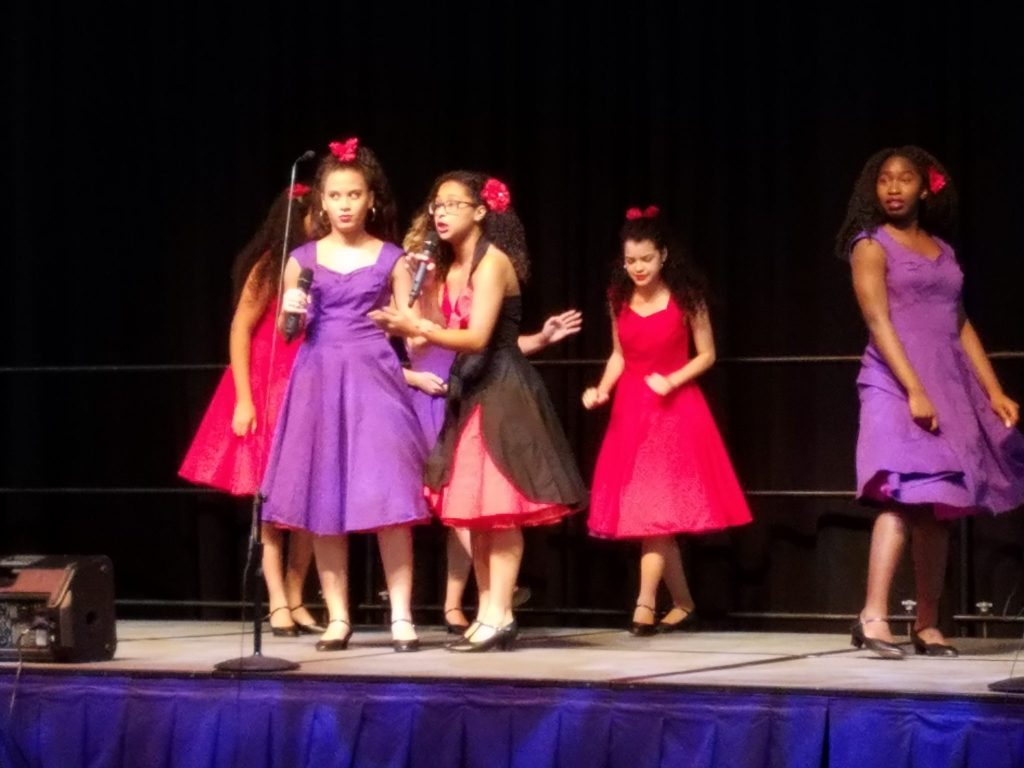
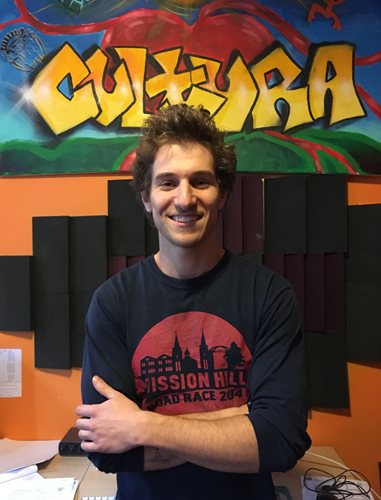 Name: Josh Snyder
Name: Josh Snyder
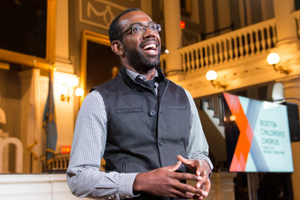 On the Mass Cultural Council’s podcast,
On the Mass Cultural Council’s podcast,